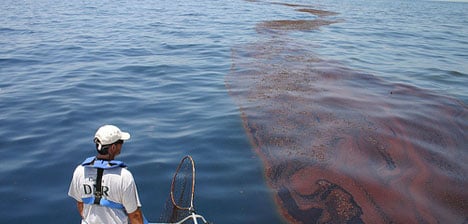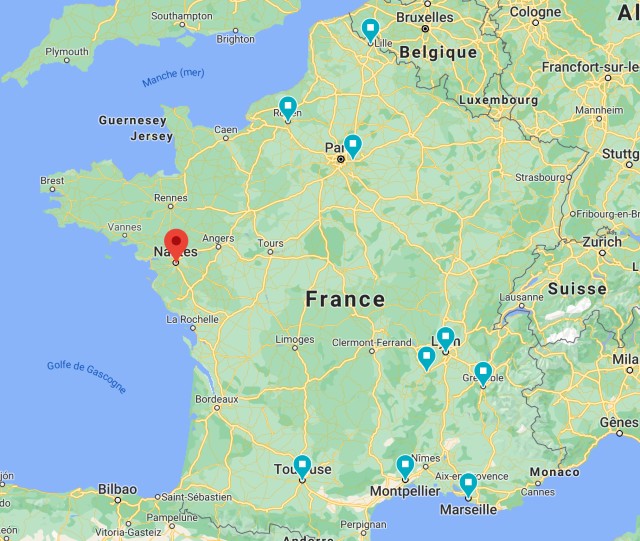Total was found guilty of failing to address maintenance problems when it chartered a rusty 25-year-old tanker, the Erika, that broke in two and sank off the Brittany coast, sparking one of France's worst environmental disasters.
Plaintiffs in the case had warned that overturning the original rulings would have undermined decades of attempts to hold firms accountable for environmental damage caused by oil spills.
The Erika was carrying 30,000 tonnes of heavy fuel oil and the spill polluted a large stretch of the Brittany coastline, killing tens of thousands of seabirds.
French beach resorts were deserted, fishing was halted and shellfish banned from consumption in the aftermath of the oil spill, leaving the local economy on its knees for years.
Total, Italian certification firm RINA which found the ship to be seaworthy, the Erika's owner Giuseppe Savarese and its handler Antonio Pollara were all convicted in the case.
All their convictions were upheld in Tuesday's ruling by the Court of Cassation.
A Paris appeals court in 2010 ordered Total to pay a fine of €375,000 ($485,000) and awarded compensation to the civil plaintiffs of €200 million.
The 80 plaintiffs included the French state, communities affected by the pollution and environmental groups.
About €13 million of the compensation awarded was for "environmental damage". The ruling was considered to have established a legal precedent by recognising that polluters can be held accountable for harming the environment.
Lawyers for the defendants had argued that the 1983 French law under which the prosecutions were made, could not be applied as it contradicted international conventions signed by France.
The Erika was outside French territorial waters when it wrecked.
Total has already paid €171 million in compensation and RINA €30 million and Tuesday's ruling would in any case never have called those payments into question.
In a separate case on Monday, a French appeals court sentenced a former boss of a Total subsidiary to a year in prison for a 2001 chemical plant blast that killed 31 people.
The court handed down a three-year jail term — two of them suspended — and a €45,000 fine on former plant chief Serge Biechlin for manslaughter.
The blast, which erupted in September 2001 in a storage warehouse packed with 300 tonnes of ammonium nitrate at the AZF chemical fertiliser plant near Toulouse, also injured 2,500 people and damaged 30,000 homes.




 Please whitelist us to continue reading.
Please whitelist us to continue reading.
Member comments